Recognise:
The symptoms of concussion.
Injuries that affect your ability to play can be one of the biggest challenges rugby players face. While players and support staff put a lot of effort and emphasis into preventing injury, they are often an unavoidable part of playing the game.
A concussion is a mild traumatic brain injury (TBI) that can result from a direct hit to the head or from a blow to the body. You don’t have to be knocked out or even be hit on the head directly to be concussed.
These hits cause the head to move rapidly or stop suddenly which makes the brain bounce around and twist in the skull. This damages and stretches the brain cells which causes them to release chemicals which affects how the brain works. This also makes the brain more sensitive to increased injury, until it fully recovers
No one can ignore a concussion. Players who are concussed are often unaware of their symptoms and may want to keep playing! We all need to take responsibility for the player’s wellbeing.
To help us better identify and manage concussion we have broken it down to the 4 R’s of Concussion:
The symptoms of concussion.
The player from the field.
See a doctor and complete the Graduated return to play program.
After 21 days stand down and medical clearance, the player can return to contact training.
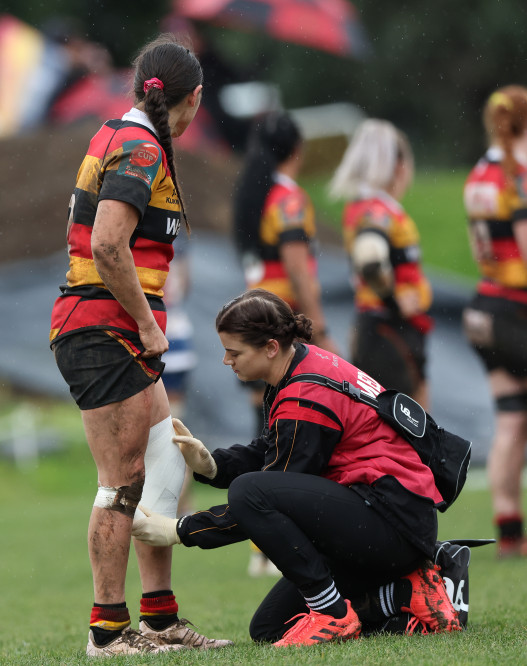
Concussion symptoms may occur straight away or up to 48 hours after the event happened. Extra caution is needed for younger players. This is because children and adolescents often take longer to recover.
Here are the signs and symptoms to look out for when you suspect a player has been concussed. If a player presents with any of these Red Flag symptoms they must seek urgent medical attention:
Physical injuries generally heal well with medical treatment, rest and therapy. It’s often the mental stuff that comes with injury which is the toughest to deal with. Feelings of disappointment, failure, anger, fear, uncertainty, boredom and letting others down are all common amongst players who have an injury.
If you’re already dealing with challenges or stress in your life outside of rugby, an injury can make coping with those things more difficult, so making sure you look after yourself and ask for help when you need it is essential.
A lack of emotion, also known as emotional numbness, is a feeling of detachment or disconnection from your emotions. This can make it difficult to experience joy, sadness, excitement, or other feelings that typically add richness and depth to life.
Changes in sleep patterns, such as difficulty falling asleep, waking up frequently, or sleeping too much, can be signs of underlying mental health concerns. If you notice significant changes in your sleep habits that affect your daily functioning, it's important to pay attention and consider seeking support.
Anger and frustration are powerful emotions that can arise when we feel wronged, treated unfairly, or unable to achieve our goals. While these feelings are natural, learning to manage and express them in healthy ways is crucial for maintaining positive relationships and overall well-being.
Isolation and loneliness can have a profound impact on our mental and physical health, leading to feelings of disconnection, sadness, and even depression. Reaching out to loved ones can help alleviate the burden of loneliness.
Prolonged sadness or depression can be overwhelming, but remember that support is available. Reaching out to loved ones, mental health professionals, or supportive resources is a crucial first step towards healing and improved well-being.
Worry and anxiety can feel overwhelming, causing persistent unease and nervousness. If these feelings start to interfere with your daily life, it's important to explore coping strategies and seek support to manage your anxiety effectively.
It can be tough spending time on the sideline and it’s normal to feel your motivation levels are impacted too. Revisiting your goals and reminding yourself why you started playing rugby in the first place can help re-establish your focus.
Try spending time thinking about the aspects of the game you enjoy most and set daily and weekly targets rather than looking too far ahead.
It can be challenging to maintain your motivation when you’re injured. Try using a few of the below strategies to help you manage your recovery and look after your mental fitness at the same time.
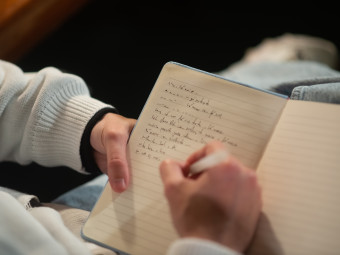
Just the same as setting goals for fitness or training, setting recovery goals that are realistic and achievable will help you to acknowledge your progress as you recover.
Use the ‘bonus’ time you have to focus on building a stronger you, both physically and mentally. You could focus on nutrition, careers outside of rugby, learning a new skill or studying the team plays.

Staying involved with your team and teammates can be a big help with how you feel during your recovery. This could mean attending trainings and meetings and helping out to stay connected with your team.
Remember to stay away from activities where there is risk of head impact, even accidental.

Being around the team can be great but it can be just as important to have some time away doing things you enjoy. Spend some time thinking about the right balance for you and your recovery. Taking a mental break from rehab is really important.
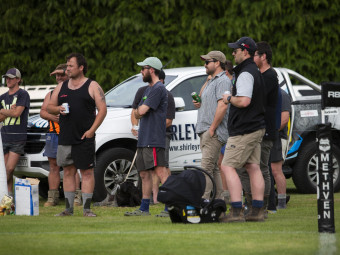
This could be teammates, family, workmates or trusted friends. Let them know how you’re feeling and plan some catch-ups or fun activities.
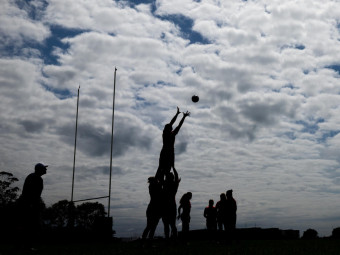
Writing down how you’re feeling each day and visualising yourself back training and playing can be a powerful aspect of recovery and keep you focused on the end goal.
It’s important to communicate with someone you trust about how you are feeling so they can help support you. This could be a family member, partner, coach, mate or another player. If you don’t feel ready to talk to someone you know, click here to see a list of support people who can help.
For some people feelings of sadness or anger, as a result of injury, can be very strong and may stick around or even get worse. This could mean feeling sad and down for long periods of time or worrying a lot more than usual. If this is the case for you or someone you know, it’s important to seek help as soon as possible.
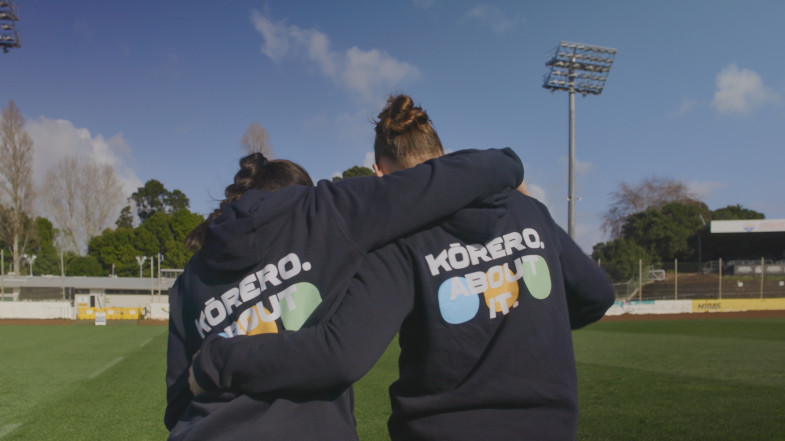
Discover your anxiety level and gain valuable insights with our quick and easy quiz. By understanding your anxiety better, you can take the first step towards managing it effectively and improving your overall wellbeing.
Quiz: Do I have signs of anxiety?Take our short depression quiz to gain a clearer understanding of your current mental health. By assessing your symptoms, you can determine if it's time to seek support and take proactive steps towards improving your emotional well-being.
Quiz: Do I have signs of depression?